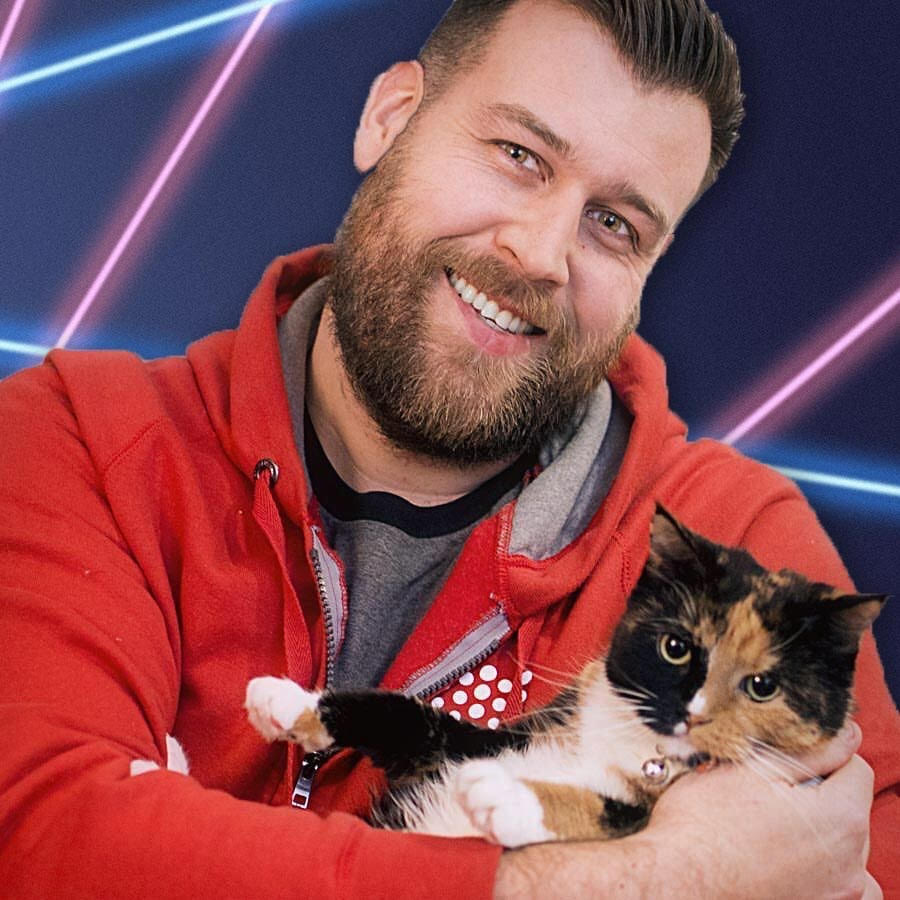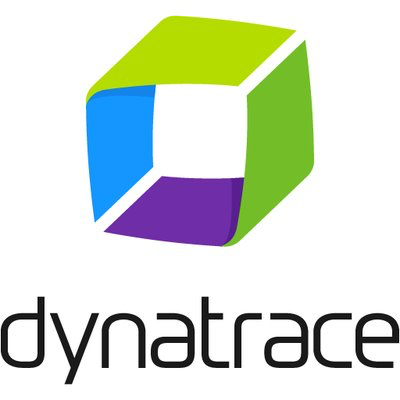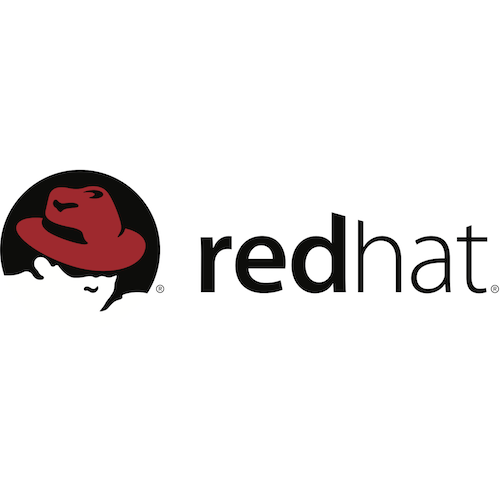Flying v. Driving: Myths, fears, and opportunity when going serverless
You own your availability but when is it better to leave your infrastructure primarily in the hands of AWS by building a serverless system? We’ll explore this question using the analogy of flying versus driving to your destination. Flying requires you to put your safety in the hands of a pilot, flight crew, and airline and is routinely a safer form of transportation. Yet, many are still wary and prefer to drive which enables them to own their travel.
We’ll start by covering why people prefer to drive over fly even though flying is safer. The reasoning often involves the discomfort over lack of control and memories of spectacular disasters. We’ll relate that back to the discomfort people have over owning less of their infrastructure and their memory of large AWS outages as they forget the many ones that already occur in their own environment.
Next we’ll explore cost. I already own a car, why would I bother to pay for a flight? When making cost determinations we need to be realistic about costs. Just like a drive to your destination isn’t free (There’s gas… And if it’s long enough we’re talking hotels food, etc.) understanding cloud costs of EC2 versus Lambda require understanding the actual workloads you are trying to operationalize.
Once you’ve decided to book your flight, what do you need to know? You’ll encounter many of the same issues as driving but in new and unique ways. Traffic gridlock at toll booths is similar to the gridlock at the airport security gate. What are the sort of load and scaling issues to be prepared for with serverless? Your car can’t leave without you but your flight can… How do you work within the newly imposed limits of AWS services?
The audience should come come away with a decreased fear of serverless, and maybe even flying, as well as practical understanding for ways to build reliable serverless systems.
Speaker

Tom McLaughlin
Tom is the founder of ServerlessOps and an experienced operations engineer. He started ServerlessOps after he asked the question, what would he do if servers went away? At a loss for an answer and
...






















































